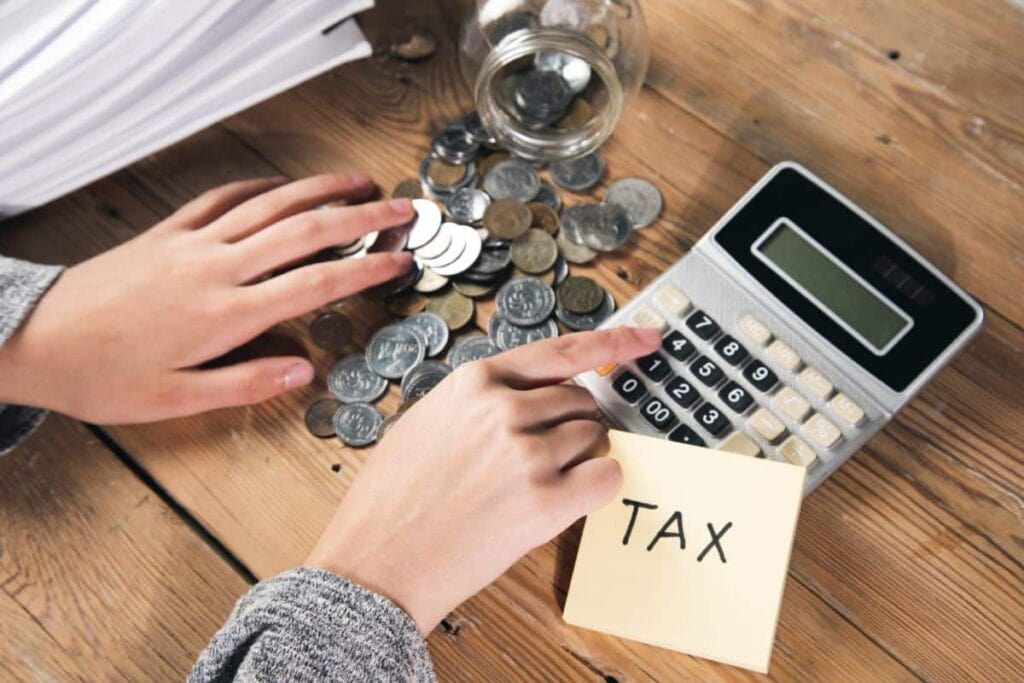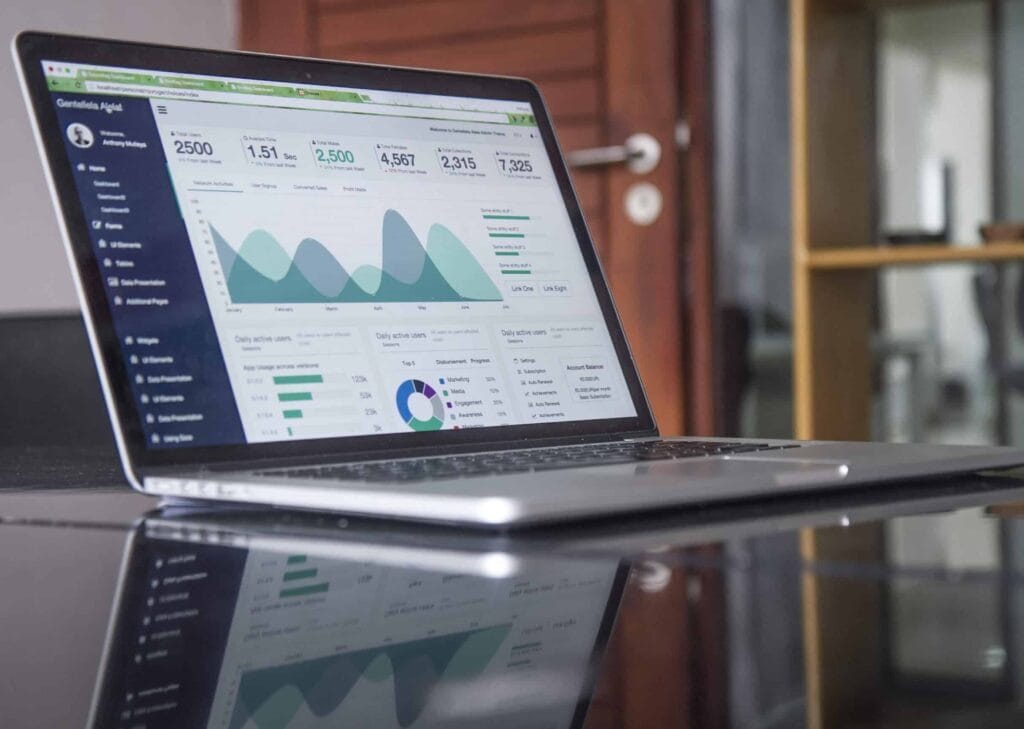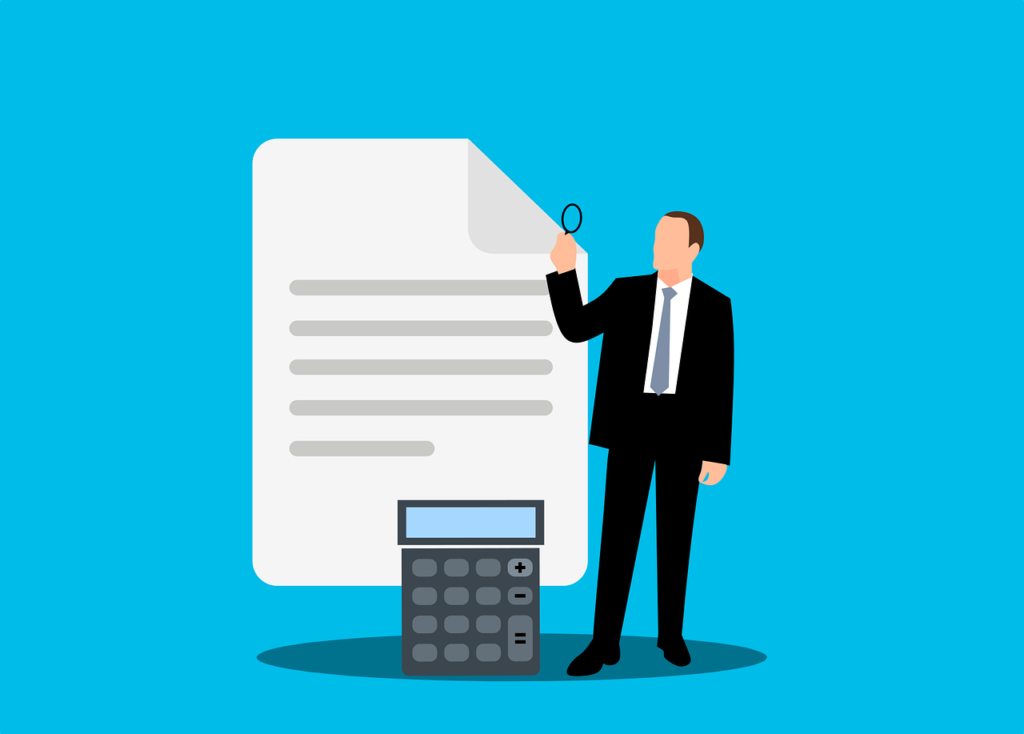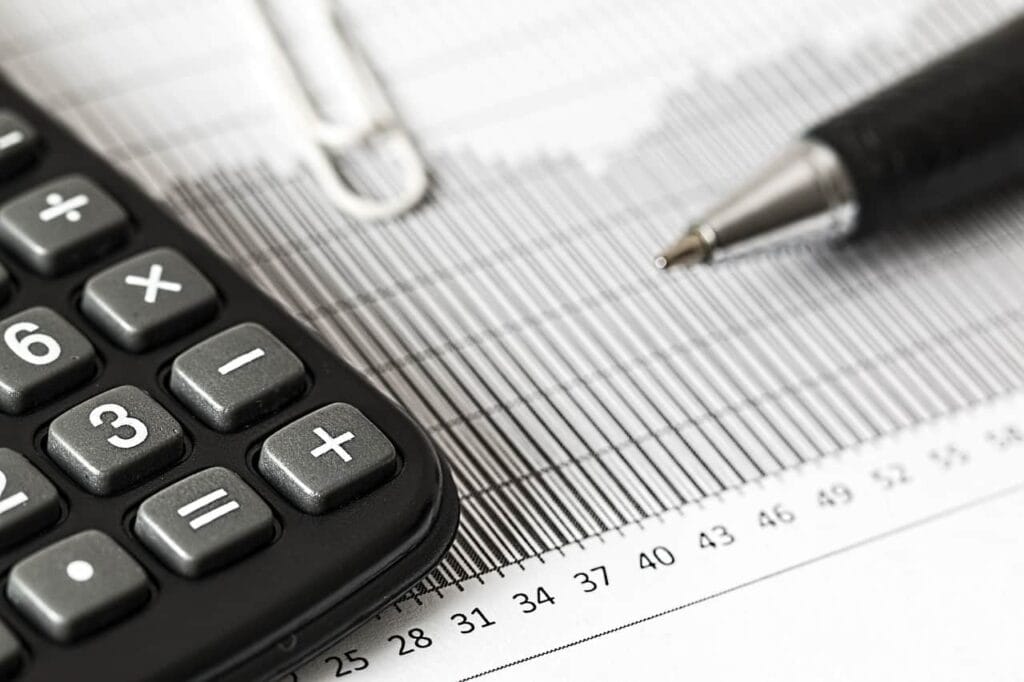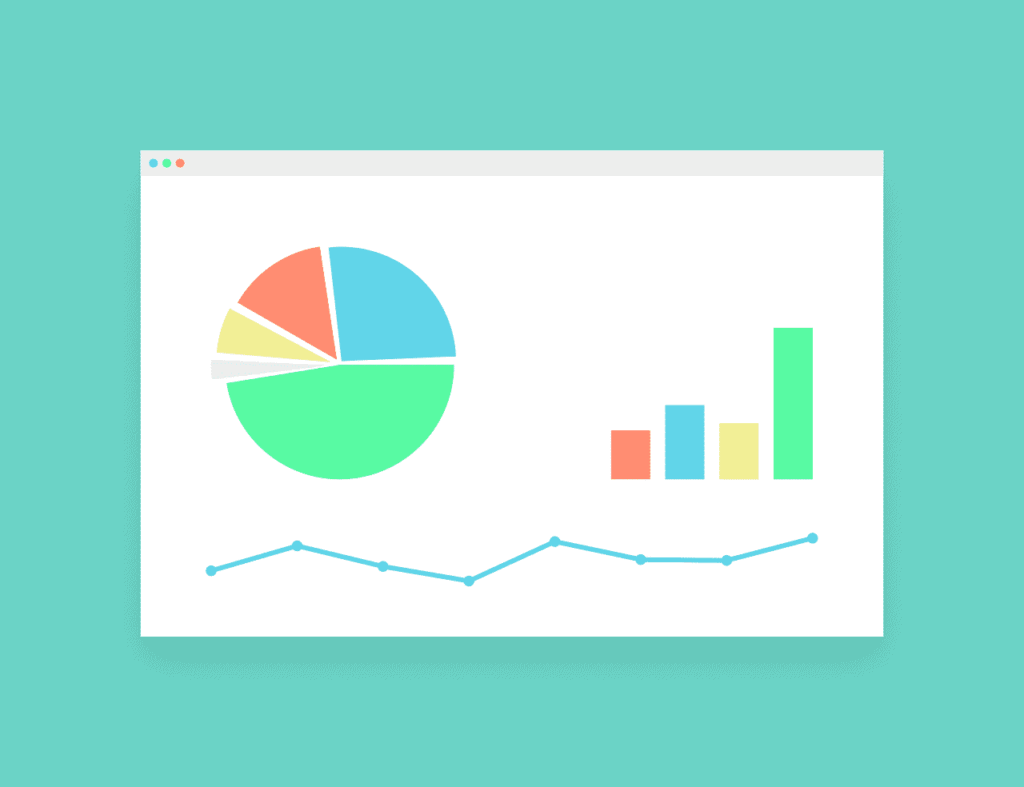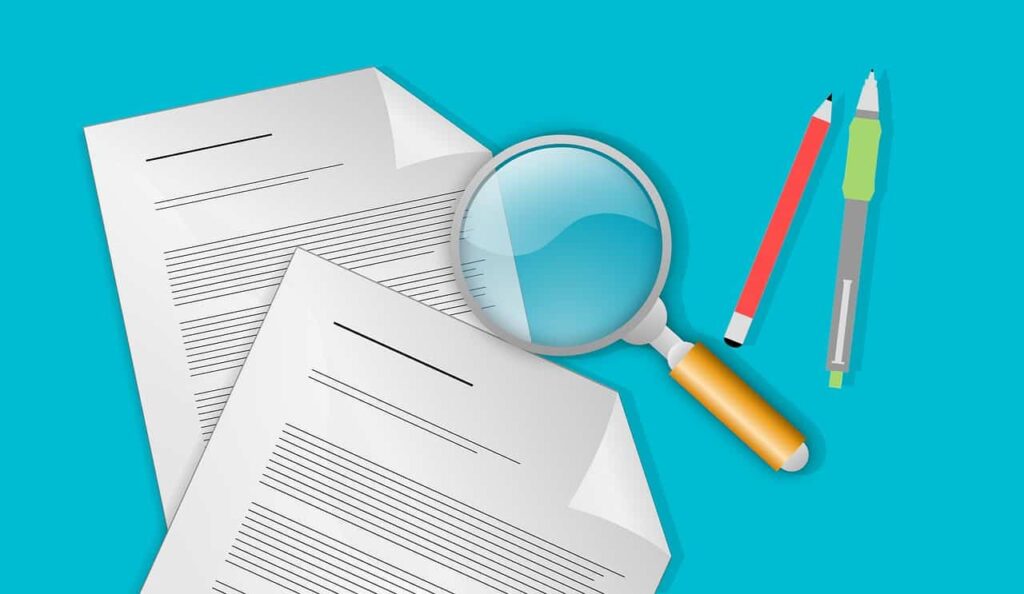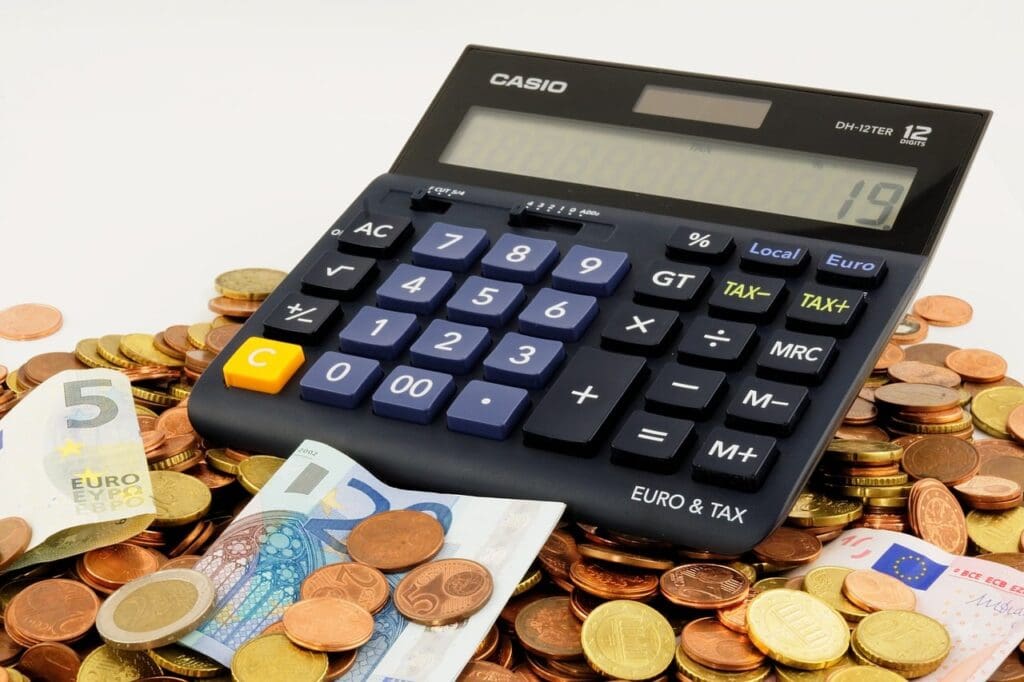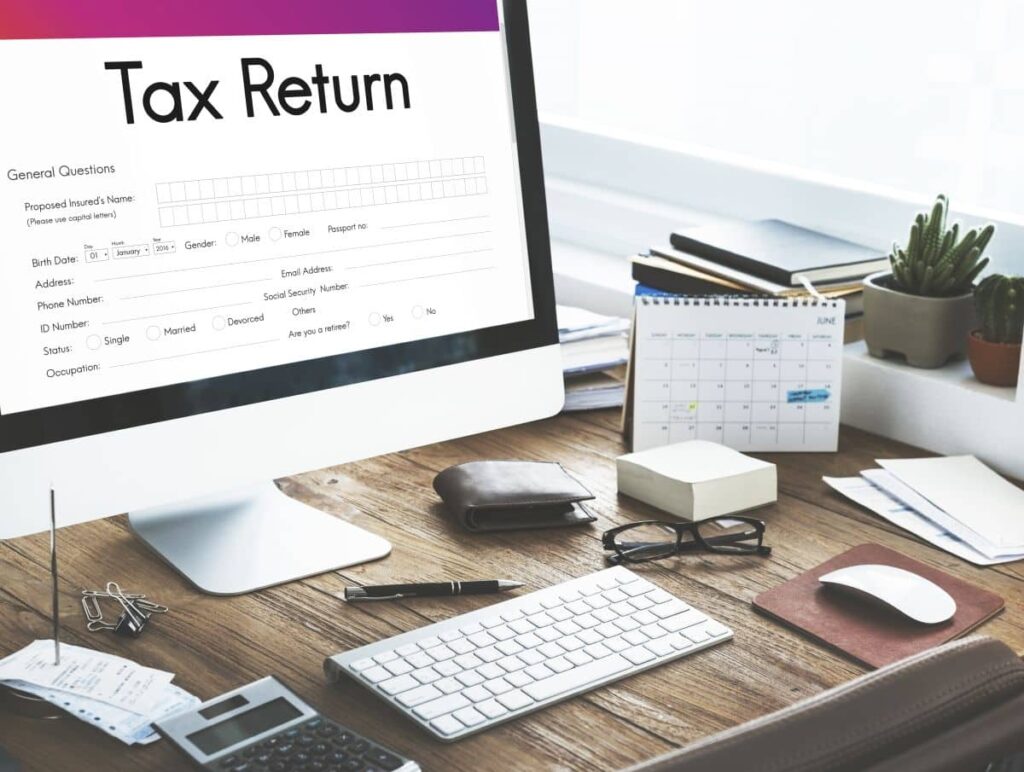Taxation Tips For Small Businesses In Australia
If you are the owner of a small business in Australia, you are surely aware of the significance of maintaining control over your financial and tax matters. However, because there are so many intricate rules and regulations to take into consideration, it can be difficult to choose where to begin.
This article offers a summary of the most significant taxation challenges that are encountered by small businesses in Australia, as well as some suggestions for lowering your overall tax liability. Therefore, whether you are just starting off or are searching for strategies to maximize the effectiveness of your tax plan, the following passages will provide you with useful guidance.
Many people dread the time of year when it comes time to do their taxes, but for small businesses in Australia, this time of year may be especially challenging. When it comes to filing taxes, there are a multitude of factors to take into consideration, including deductions, allowances, the goods and services tax (GST), and company payments. Don’t worry if you don’t know where to begin; we’ve put together a guide to taxation advice for small businesses in Australia in case you need some help getting started.
When it comes to taxation, individuals in Australia have a few more items to consider than small businesses do. This may appear to be insurmountable, but it may actually be overcome with enough preparation and awareness. In the next article, we will discuss some of the most important taxes advice that small businesses should follow. Continue reading if you want to learn more!
You are required to comply with a number of different tax rules and regulations in Australia if you own a small business there. Understanding what you have to do in order to make your business successful is essential, despite the fact that doing so can be intimidating. In this piece, we offer some suggestions for streamlining your financial matters related to taxes and being on top of your responsibilities. Read on if you want to ensure your success in business, regardless of whether you’re just getting started or have been in operation for some time.
When it comes to paying taxes, there are a lot of different things you can do to minimize your cost, which is great news for owners of small businesses because saving money is always one of their top priorities. You can keep more of the money you’ve worked so hard to earn by being knowledgeable about the appropriate deductions to claim and by making the most of any tax benefits that are available to you.
There are a number of financial advantages associated with owning a small business in Australia, including reduced tax rates and streamlined taxation procedures. Nevertheless, if you want to make the most of all of the tax credits and deductions that are open to you, you need to stay current on the most recent changes that have been made to the rules governing taxes. In this article, we will offer some advice to owners of small businesses on how they can reduce the amount of money they pay in taxes.
You are surely aware of how important it is to keep up with your taxes throughout the year. Nevertheless, sadly, tax season may be complicated and complex, particularly if you are not familiar with the requirements. This is especially true if you do not file your taxes electronically.
The owners of small businesses will find this blog post helpful in that it will provide some suggestions to assist make tax season less stressful for them. We will also provide an overview of several popular deductions that can be claimed by small businesses. Continue reading this article if you need some help figuring out how to submit your taxes for this year!
If you own a small company in Australia, you undoubtedly spend a good portion of your time looking for methods to cut costs and minimize the amount of money you pay in taxes. There are no definitively “right” or “wrong” techniques, but there are some pointers that can help you remain in compliance with the law and pay the least amount of tax that is legally allowable. In this article, we will discuss some of the most effective strategies to lower the amount of income that is subject to taxation.
Let’s get started!
Leading up to tax season, here are some of the best tips for small businesses
- Make sure that all of the employees’ and your own superannuation is paid by the 30th of June. As a deduction, superannuation may only be claimed after it has been paid; hence, if you want to claim it for the fiscal year 2022, you will need to pay it within the next few weeks.
- If you have any past-due obligations on your list of receivables, you should cross them off. If you are certain that you will not be paid and it would be economically inefficient to pursue payment, you should write off the bad debt by or on June 30. This will ensure that you are eligible to claim the deduction for the 2022 tax year.
- Utilize the Instant Asset Write-off that is available. For instance, if you require any automobiles, machinery, office equipment, or tools, make sure you purchase them before the 30th of June so that you can deduct the whole cost of the item during the 2022 fiscal year.
- You can claim a deduction for expenses you’ve already paid for, such as company subscriptions and insurance, on your tax return for the year 2022 if you prepay these costs.
- Make preparations in advance for the following fiscal year. Before the conclusion of this fiscal year, it is a wonderful time to assess your business structure and maybe seize opportunities for income splitting that you may be missing out on because you have not done so in the past. It is also a wonderful opportunity to evaluate your budgets and plan out your expenditures for the next financial year so that you may effectively manage the cash flow of your business and fulfill your tax obligations.
The following are some helpful tips to aid you in evading the scrutiny of the ATO and meeting your motor vehicle FBT obligations:
- Always make sure to declare any and all money earned by your company, including sales made in cash.
- You should require your personnel to maintain a logbook to document any business trips completed in company vehicles.
- In conclusion, your place of employment should develop a policy addressing the use of corporate vehicles for personal purposes.
- If your company owns a vehicle or if it gives workers or associates a vehicle to use for work, you are required to register your firm for the Fringe Benefits Tax.
- Make sure that your FBT obligations are met and paid in a timely manner with the ATO.
- Instead of giving your employees a company-owned vehicle, you might want to think about paying them a car allowance instead.
- Make sure that all tax invoices and receipts for charges associated with the car are stored in the appropriate files.
- Think about adopting the Employee Contributions Method to car perks, in which employees contribute towards the cost of their personal usage of a vehicle. This is an excellent strategy for lowering the FBT risk faced by your company.
Tips on Small Business Tax Deductions and What to Claim
1. How the System of Tax Deductions Operates
When you file your tax return, you can lower the amount of revenue that is subject to taxation by claiming the majority of your business’s expenses as tax deductions.
Your income is subject to tax in Australia according to the following formula, which is used by the Australian Taxation Office (ATO):
Assessable income – tax deductions = taxable income
The majority of the money you make from operating your company is considered taxable income (income subject to tax).
2. Expenses That You Might Be Able To Deduct From Your Taxes
You should be able to deduct the majority of the costs associated with operating your firm. Just make sure:
- they are intimately associated with the process of making money;
- The cost must have been incurred for the benefit of your company rather than for personal use;
- If you use the expense for both your business and your personal life, the only component of the expense that you can deduct is the portion that was used for your business.
- You can back up what you say with records, which is very impressive.
You should check with your tax advisor to see if you qualify for deductions for the following categories of company expenses:
- motor vehicle expenditures;
- business run from one’s home;
- business travel expenditures;
- workers’ salaries, wages and super contributions
- repairs, maintenance and replacement expenses
- additional costs related to operations;
- costs related to the assets’ depreciation and any other capital outlays;
- carbon sink forest expenditures.
You can get more information about what deductions you can claim when you can claim them, and how you can claim them by going to the Business tax deductions information page on the ATO website.
If you are self-employed as a contractor or consultant, your income from personal services may have an impact on the deductions you are eligible to claim.
Want advice for your individual circumstances? Get in touch with the ATO, your accountant, or your business counsel.
3. What Can Be Deducted And Refunded From Taxes?

The sun has gone down, the sales have begun, and the hearts of Australia’s accountants are filled with dread at the sound of every ringing phone.
It’s that time of year again, folks: the time to file your taxes.
The last month of the fiscal year is presumably treated the same as any other by the few owners of small businesses who have a firm grasp on both their financial situation and their legal responsibilities regarding taxes (must be nice).
The dreaded deadline of July 1 is drawing near, and for the vast majority of taxpayers, this means a mad dash to dig up old receipts and a frantic search on Google for information regarding the deductions that can be claimed.
We have produced this list of tax recommendations for you to help you get your affairs in order and your claims perfected before it is too late in order to help alleviate some of the pressure that you are feeling.
It is not difficult to comprehend the rationale behind why the sector of small businesses is referred to in various contexts as the “engine room” of the economy and the “largest employer in the country.”
Recent research carried out by the Council of Small Business Organisations of Australia (COSBOA) revealed that small firms were responsible for the creation of 5.1 million jobs in Australia, which accounts for approximately half of all employment in the private sector.
According to the Australian Tax Office, there are around 3 million small businesses in Australia. This number does not include core production concerns; nevertheless, it does account for approximately 96 percent of all firms.
Because of the many duties that come with owning a small business, it is easy to forget about work deductions that could have a significant impact on the amount of taxes you pay.
Xero, a company that provides cloud accounting services, conducted research that found that forty percent of small business owners in Australia are uncertain as to which expenses are eligible for tax deductions. It should not come as a surprise, given that the types of deductions that are allowed can shift from year to year and differ according to the structure of a company.
Even if you only spend a few minutes going through the small company deductions list provided by the Australian Tax Office, you could wind yourself saving a significant amount of money when it comes time to file your taxes.
4. Deductions For Small Business
You are eligible to take a tax deduction for the majority of the expenses that are associated with running your business, such as the pay of your employees, the cost of marketing, and the cost of financing the business.
Have in mind that you cannot deduct any personal expenses, and make sure that you keep records to back up any claims you make.
What kinds of travel expenses related to my business can I deduct?
You may be eligible for the following tax breaks if you or your staff travel for business:
- expenses for travel by plane, train, tram, bus, or taxi
- Costs of lodging and meals incurred while away on business overnight may be subject to fringe benefits tax; this tax may also apply to some employee travel expenses.
Can I take an immediate deduction for the cost of certain assets?
If you follow the requirements for simplified depreciation, you can immediately claim a deduction for any asset that was utilized for the first time or installed ready for use, up to the limits outlined in the following table:
- $30,000, from 7.30pm (AEDT) on 2 April 2019 until 30 June 2020
- $25,000, from 29 January 2019 to 7.30pm (AEDT) on 2 April 2019
- $20,000, before January 29 2019.
What kinds of deductions am I eligible for if I run my company out of my home?
If you run your business out of your home or are based out of your home, you may be eligible to deduct a part of certain expenses, such as the portion of your mortgage interest and your power bill that goes toward your business.
If you sell your house, you might have to disclose it on your tax return and pay capital gains tax (CGT) on the portion of the sale that relates to the business.
5. Trying to Get a Tax deduction for Your Business Travel Expenses
If you are the owner of a business, the general rule is that you can claim deductions for expenditures incurred by business travel undertaken by either you or an employee of your company. A trip journal is defined as:
- It is required that solo proprietors and partners in a partnership keep records of overnight expenses incurred while traveling for work.
- strongly suggested for all of the other people.
Expenses You Can Claim
Your company is eligible to submit a tax deduction claim for business-related travel expenses, regardless of whether the trip lasted only one day, lasted overnight, or lasted for many nights.
Expenses you can claim include:
- airfares
- train, tram, bus, taxi, or ride-sourcing fares
- when you use a rental automobile for business purposes, you are responsible for paying car hire fees as well as any additional expenditures incurred (such as gasoline, tolls, and parking);
- accommodation
- meals, in the event that you would be gone for the night.
In order to be eligible for reimbursement for overnight travel expenditures, you need to have a permanent residence in a location other than where you are now working, and your job must require you to be away from home overnight.
You are required to claim your deduction in your income tax return using the amount that does not include the goods and services tax (GST) if you are eligible to receive input tax credits for the GST.
Expenses You Can’t Claim
When claiming reimbursement for business travel expenses, you can only do so for the business-related component. It would be in your best interest to leave out any personal expenditures, such as:
- a vacation or visit to relatives or friends that is sandwiched between two professional trips;
- the costs incurred as a result of you or one of your employees bringing a member of your family along on the trip;
- trinkets and other presents;
- sightseeing and entertainment;
- visas, passports or travel insurance;
- incurred travel costs as a result of migrating to a new location or living distant from your current residence;
- travel is undertaken before you started running your firm.
How To Claim Employee Travel Expenses?

In order for your company to be eligible to take a tax deduction for workers’ business-related travel expenses, the company must actually pay for those employees’ trips. The following are some of the ways the company can pay for the expense:
- paying for the expense out of the business account in a straight transaction;
- providing the employee with a travel allowance;
- paying back the employee for any money spent on their behalf.
Fringe benefits tax, also known as FBT, can be applicable in the event that your company pays for or reimburses the travel expenses of its employees. However, depending on the circumstances, you can be eligible for certain exemptions and concessions, which will bring your FBT liability down.
For instance, if your company reimburses an employee for travel expenses incurred in order for the employee to attend a work conference, expenses which the employee could have otherwise claimed as an income tax deduction if you hadn’t reimbursed them, your company may not have an FBT liability. This is because the employee would have been able to claim those expenses if you hadn’t reimbursed them.
You will be held responsible for FBT if an employee extends their business trip for private reasons and you compensate the employee for the additional costs incurred as a result of this extension. In addition, if the employees of your company are eligible to receive benefits from your company, you may need to request certain records from the employees.
In the event that you are the director of the company and the firm pays for private sections of your travel expenses, there may also be repercussions for you under Division 7A.
Depending on whether you want to provide your employees with a travel allowance or a living-away-from-home allowance, many factors come into play.
6. Claiming A Tax Deduction For Motor Vehicle Expenses
If you are the owner of a business, you may be eligible to take a tax deduction for expenses related to the use of motor vehicles, such as cars and certain other types of vehicles.
Types Of Vehicles
Cars are defined as motor vehicles (including four-wheel drives) designed to carry both passengers and cargo for the purposes of income tax.
- a load less than one tonne
- fewer than nine passengers.
Other types of vehicles are as follows:
- motorcycles
- vehicles designed to carry either
- one tonne or more (such as a utility truck or panel van)
- nine passengers or more (such as a minivan).
The motor vehicle must either be owned outright, be leased, or be subject to an agreement for hire-purchase.
You have the ability to make a claim for motor vehicles that you have provided to an employee or that employee’s associate as part of their employment if you run your firm as a corporation or a trust.
Expenses You Can Claim
You can claim:
- fuel and oil
- repairs and servicing
- interest on a motor vehicle loan
- lease payments
- insurance cover premiums
- registration
- depreciation (decline in value).
Maintain a Wall Between Private And Business Use
You are responsible for accurately identifying and justifying the percentage of a motor vehicle’s use that you are claiming as business use if the vehicle is utilized for both personal and professional purposes.
The portion that is intended for personal use is not eligible for reimbursement. In this particular sector, mistakes are made quite frequently.
To keep track of whether you are traveling for business or pleasure, you can use a notebook or diary.
Except in the case where you run a home-based business and the trip was for work-related reasons, commuting to and from your place of employment is regarded a private usage of your vehicle.
FAQs
1. I have to buy tools and equipment for my job. What can I claim on my tax?
You are allowed to deduct any costs that you have incurred in the process of replacing, insuring, or repairing the instruments of the trade that you use in the production of your income. Depreciation must be done, however, on any item with a price tag of more than $300 if it was purchased (i.e. claimed over its useful life).
The amount that you are eligible to claim will be determined by the receipts that you have saved and the degree to which you use them for activities that generate revenue. In the event that you find yourself in a circumstance in which you do not have your receipts and are wondering what you can claim, you are permitted to claim any amount that is less than $300 without evidence of purchase.
2. My job requires me to keep my knowledge up to date, and I buy books and journals. Can I claim them all?
If you are required to acquire technical books, trade publications, or journals in order to perform your job functions effectively, the cost of those purchases may be deducted from your taxable income.
3. Can I claim a deduction for sun protection items?
Workers who are required to perform their duties outside are eligible for a tax break if they invest in protective gear including sunscreen lotion, sunglasses, and hats. Having said that, the claim has to be substantiated and then divided up for personal use.
4. I have a job that requires me to be on the road a great deal, and I have to use my own car. What do I need to do to claim a tax deduction for my car?
When it comes to deducting costs associated with using a vehicle for business, there are two distinct approaches, each of which has its own set of record-keeping prerequisites.
Keeping a logbook and all of your spending receipts is highly recommended if you want to employ the strategy that will give you the highest possible return on your claim (e.g. insurance, registration, repairs, services, tyres, etc.).
You are not required to keep any receipts for gas purchases because we are able to compute that amount for you using a method that takes into account the yearly average.
Your logbook should be kept for a least of twelve weeks in a row, and in general, it will be valid for five years unless there are major changes in your circumstances. The minimum amount of time that your logbook should be kept for is twelve weeks. You must also record the readings that were taken at the beginning and end of each year on the odometer.
You are not required to use the same type of reimbursement every year. However, the choice of approach ought to be determined by which of the available options is most advantageous to you and for which of the available options you have the necessary records.
If you do not have an up-to-date logbook and you have thrown away some or all of your receipts, your options for how to handle the situation will be restricted. However, if your car is included in your wage package, you are not allowed to claim any of your car’s expenses.
5. I am expected to maintain a well-groomed appearance at work. Can I claim these as tax deductions?
In most cases, you cannot deduct money spent on things like personal grooming or getting a haircut. There are, however, exemptions available for certain taxpayers who are involved in the performing arts industry.
6. My employer expects me to wear specific clothing for work? What would I be able to claim on my tax?
In most cases, mandatory uniforms qualify for a tax deduction, provided that they clearly identify the wearer as a member of a certain organization or employee in a specialized field.
A waiter, for example, is forced to wear black and white attire. A necessity to wear particular colours is not sufficient to make the clothing deductible; similarly, a requirement to wear a store’s own brand of apparel is not sufficient to make the clothing deductible (they are still conventional clothing and not tax-deductible).
If you meet certain requirements, you may be able to deduct the cost of your company’s wardrobe. As an illustration, the design of the uniform needs to be registered with AusIndustry. If the apparel qualifies for a tax deduction, you may additionally deduct the costs of maintaining it (laundry, dry cleaning, and repairs).
7. I work in a fashion clothing store and am required to wear the clothing that is sold in the shop. The garments have the manufacturer’s logo on as part of the design, and I buy them at a discount. Can I claim the cost of this clothing?
Even if your company mandates you to wear business attire, the cost of the apparel is not tax-deductible. Even though the logo is part of the design of the garment, you will not be able to claim it as a business expense because the logo does not identify you as an employee on its own.
8. Am I entitled to claim $300 for work-related expenses as this does not have to be substantiated?
You cannot just claim $300. Before you can claim any expense, you must first actually bear it. Even if you may not be required to provide receipts for purchases up to $300, you are still required to demonstrate that you spent the money on something that is related to your job.

